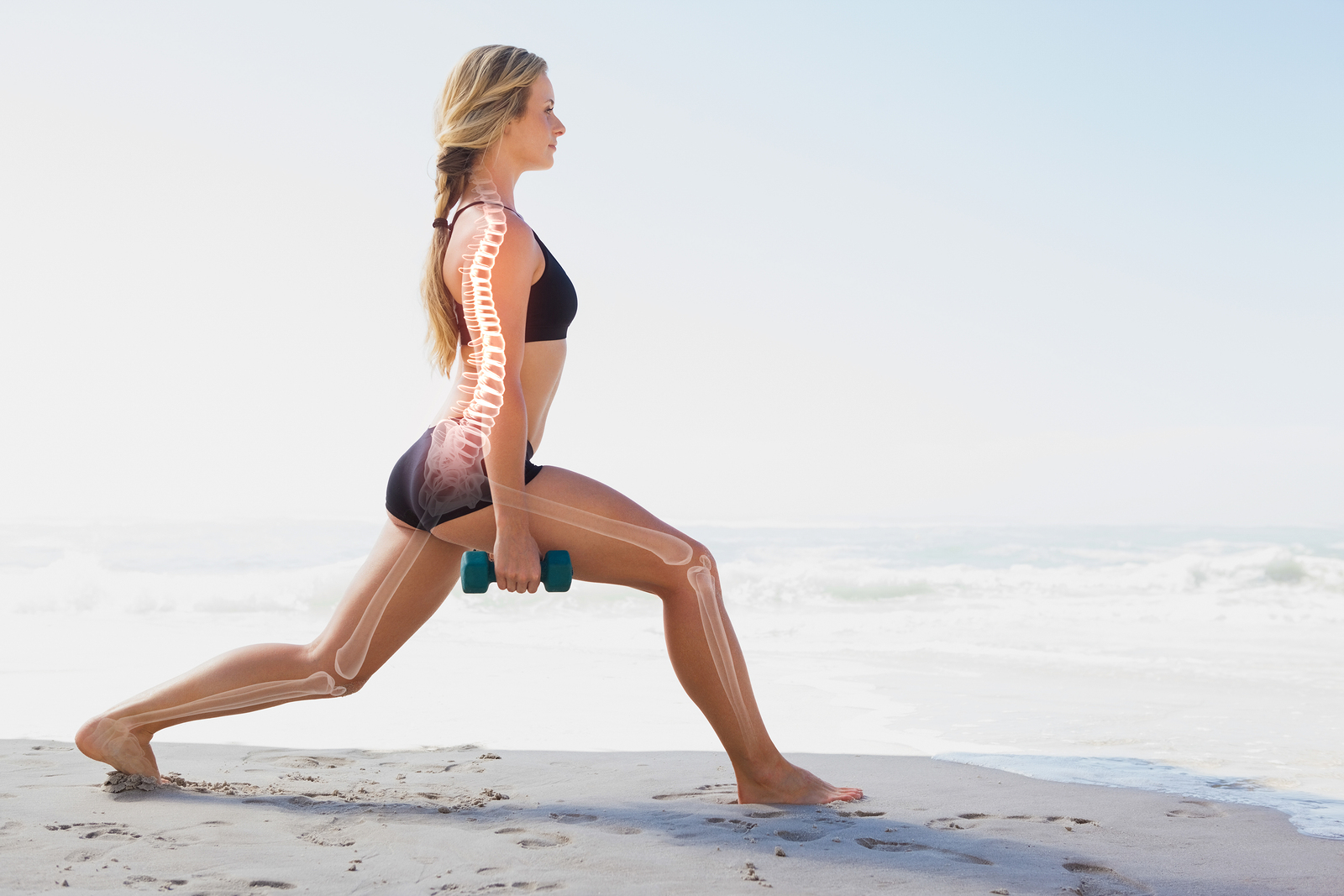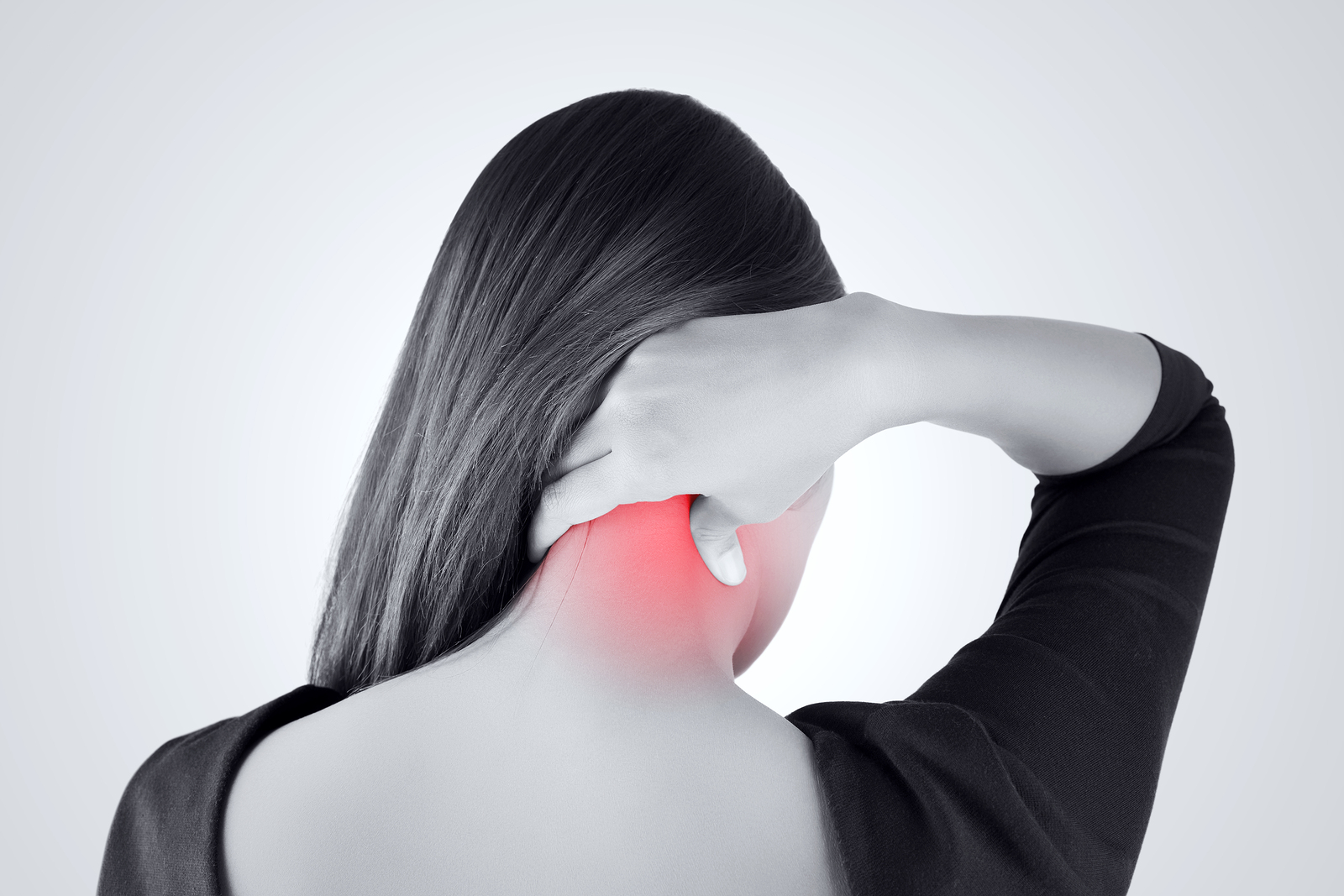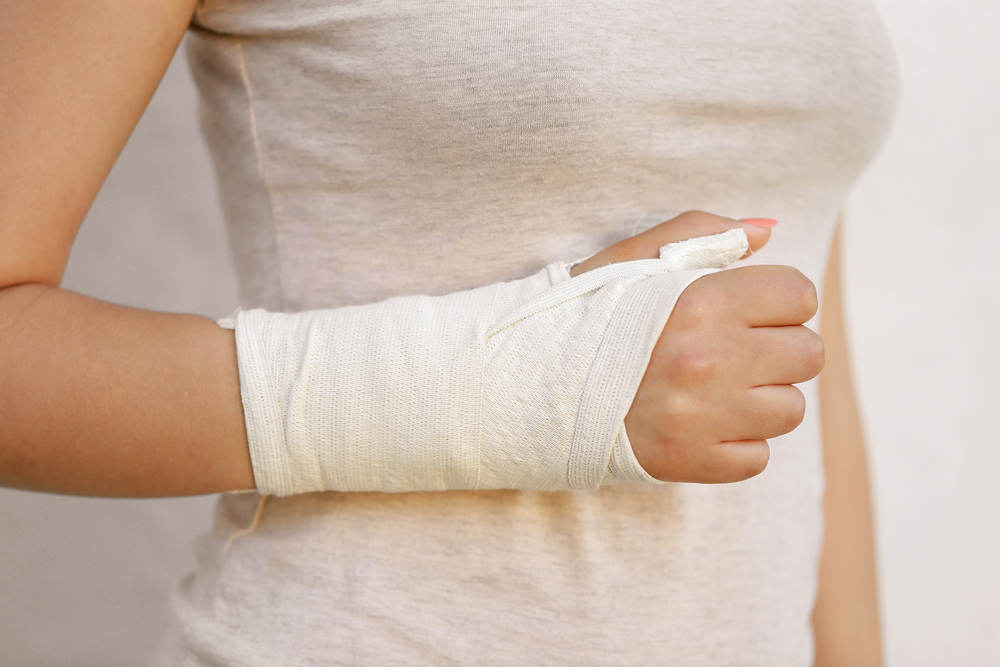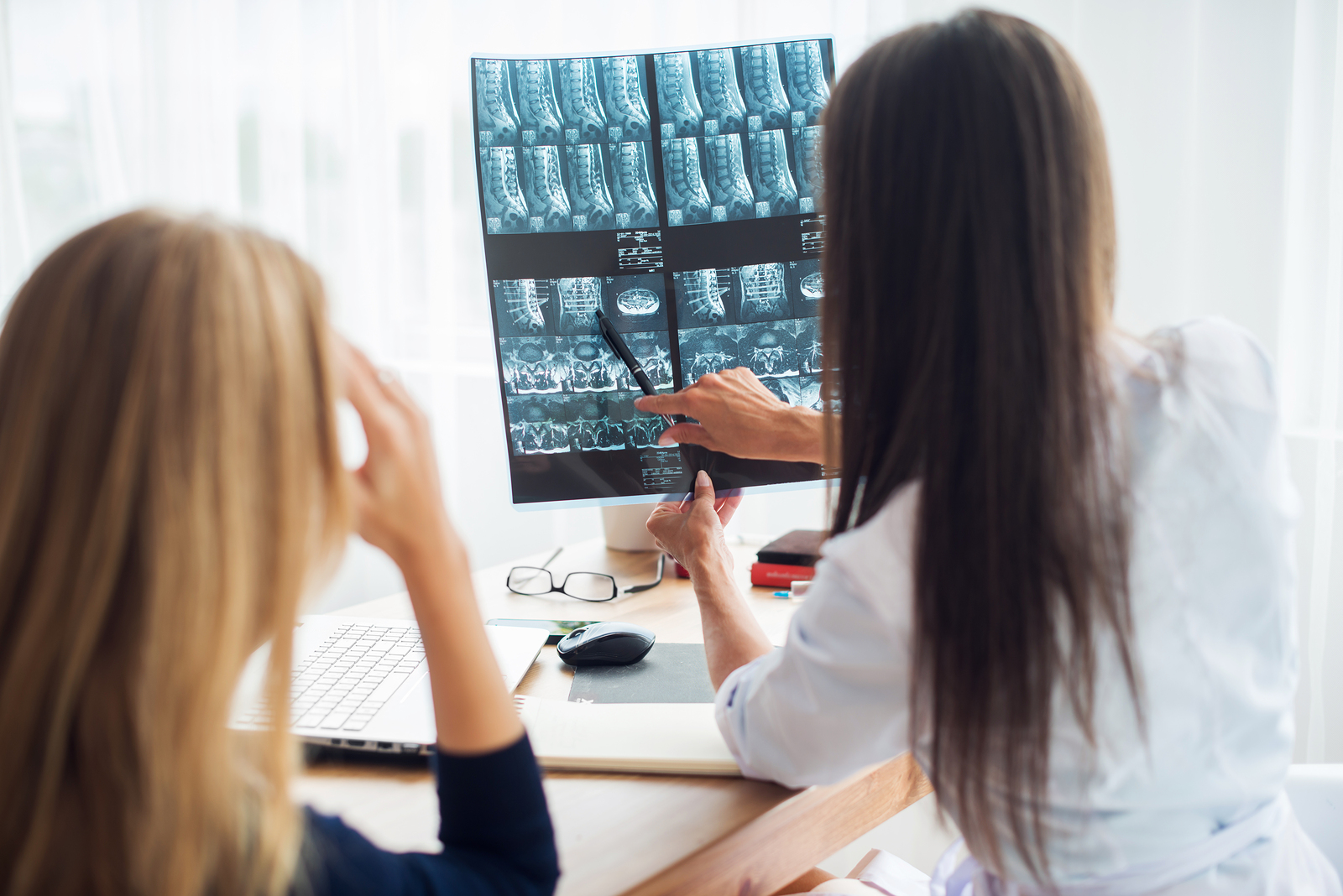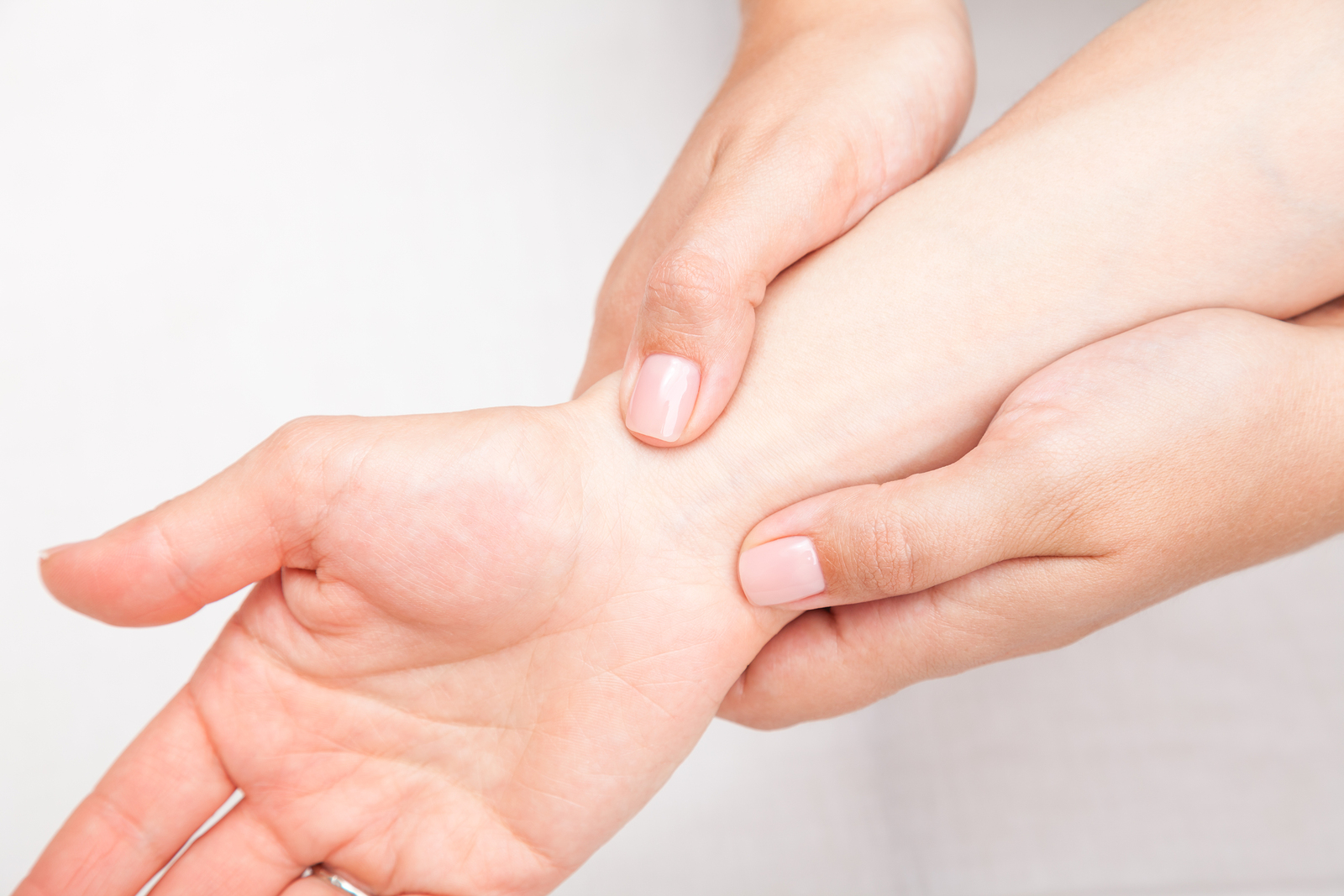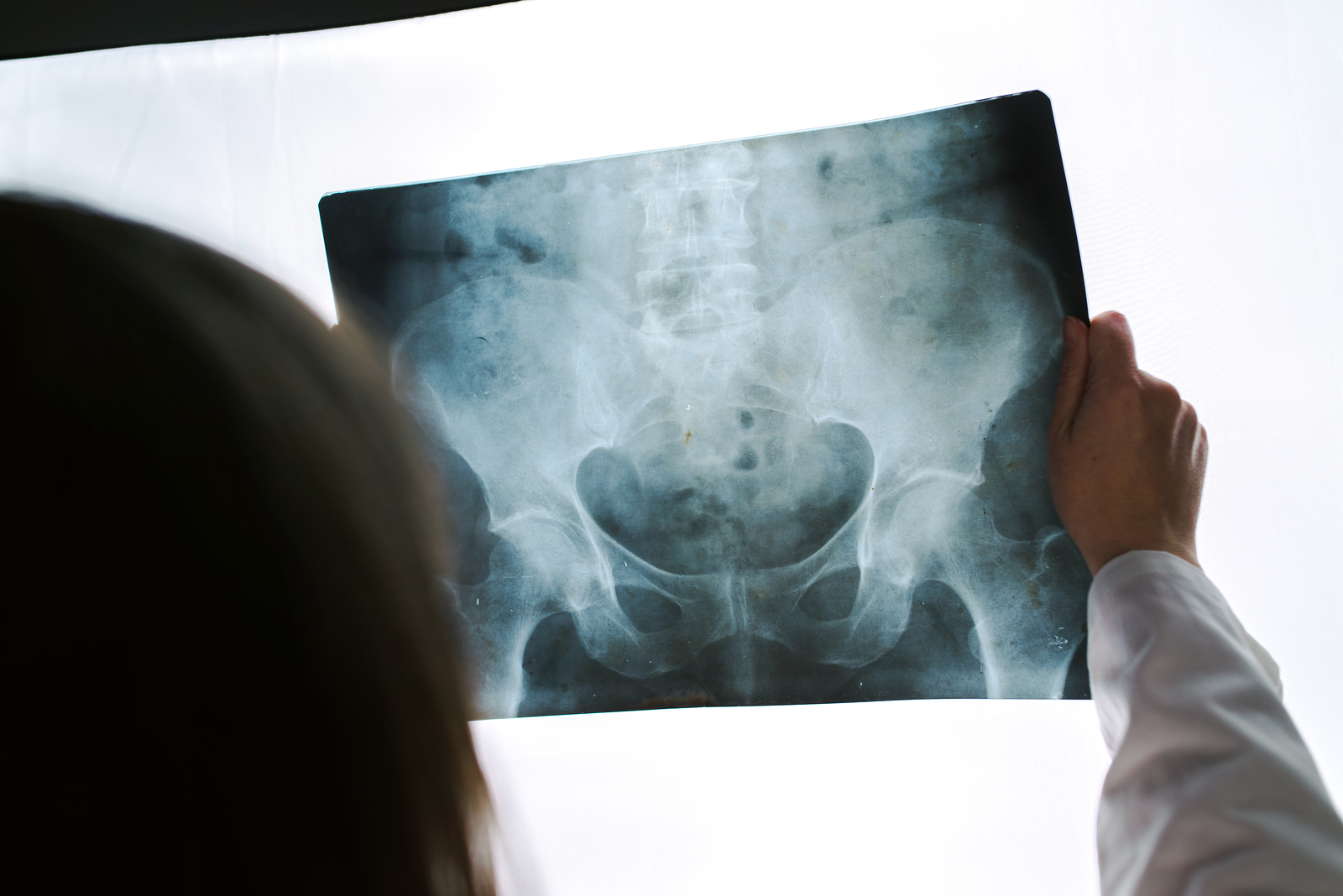Your bones, hair, teeth, and nails are all mirrors of what you put into your body. In my practice, I encourage patients to try a combination approach to preventing and treating osteoporosis that begins with optimal nutrition.
In short, this means:
- Take a daily medical-grade nutritional supplement rich in the minerals and nutrients that support bone function. Your vitamin should contain calcium and magnesium as well as vitamins A, D, K and B6, B12, and folate. Calcium is only as good as its rate of absorption, so buy the best quality you can afford. Our Multi Essentials is a great option.
- Eat a balanced diet rich in whole grains, leafy green vegetables, fruit, and seaweed products. These are much richer sources of calcium and vitamins than dairy products. If you consume dairy, try to buy organic.
Avoid refined carbohydrates and simple sugars. Avoid sodas and limit caffeine—both are bone weakeners.
- Add a portion of healthy fats to each meal. Essential fatty acids are closely involved with calcium absorption. Bone building vitamins A, D and K are fat-soluble and a certain amount of fat is needed for proper hormone and immune function.
- Support hormonal balance during perimenopause. Talk to your practitioner about using progesterone cream to help maintain a healthy rate of bone formation during this time and throughout menopause.
- Exercise daily, include weight-bearing exercises. Bones are kept healthy with use! The more you ask of them, the stronger they’ll become with the right support.
- Maintain a healthy ratio of body fat. This is one area where thin is not better. Some practitioners think that women naturally gain weight after menopause to warehouse estrogen to combat bone loss. 20-25% is a normal range for body fat.
- Get some daily sun exposure to trigger natural production of vitamin D; At least 15 minutes of unprotected sun in the early morning and evening is best.
- Examine your feelings about aging and weakness. Strength comes in many forms. Don’t let other people’s definitions define you and your experience.
- Listen to your body and respect its desire to heal itself—in many ways it often knows best and may need just a little more support.
- After 50, continue to get bone scans every couple of years to check your own individual progress.
Solid bones, healthy body
In the end, osteoporosis is only as frightening as the power we give it. With some attention to your diet, a good supplement, and a few healthy lifestyle changes, most women can prevent, treat, and even reverse bone loss without drugs and painful side effects.
For many millennia women and men have been gradually losing bone as they age – today your bones may need some extra help with so many burdens to contend with. If you give them what they need, you’ll find that healthy bones will help you do in life what they do best in your body – adapt, regenerate, and support.

